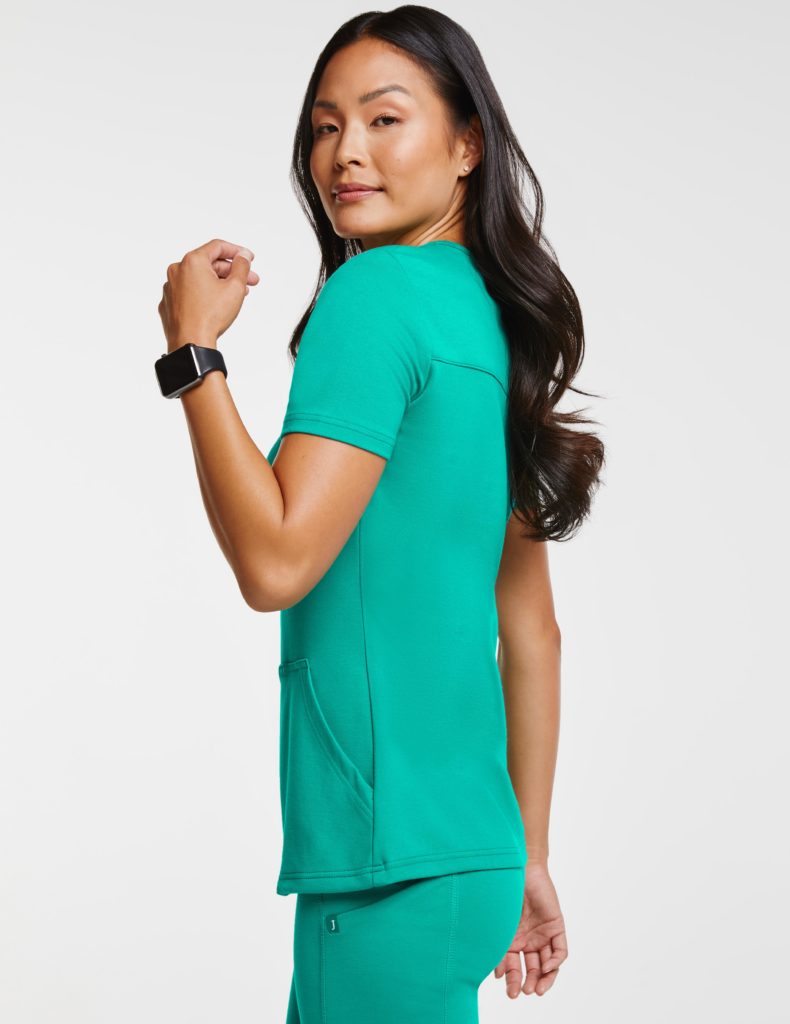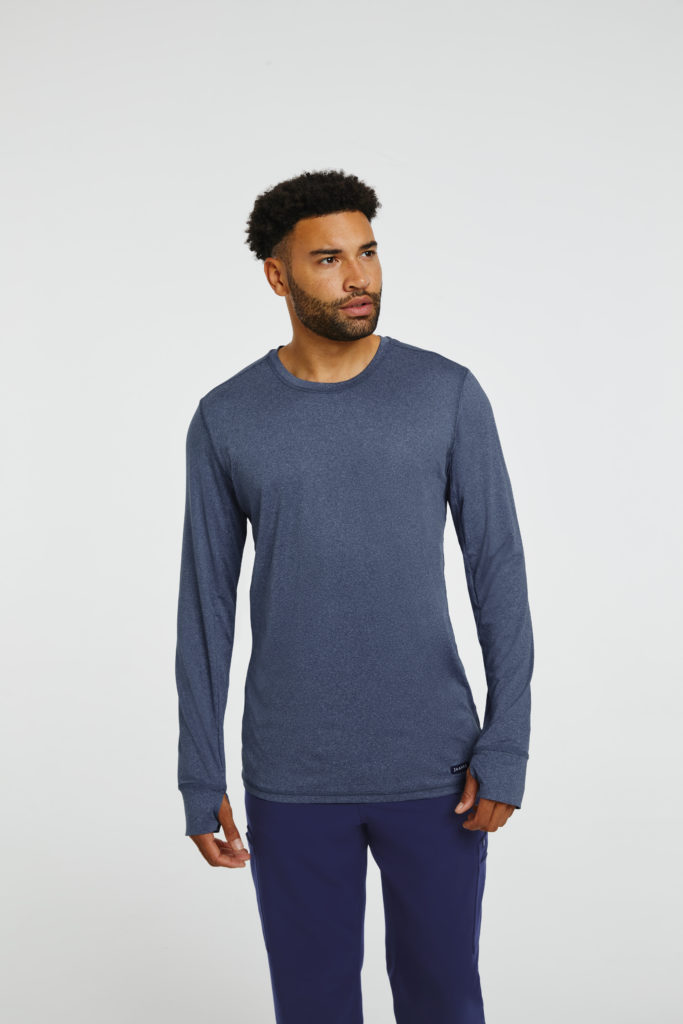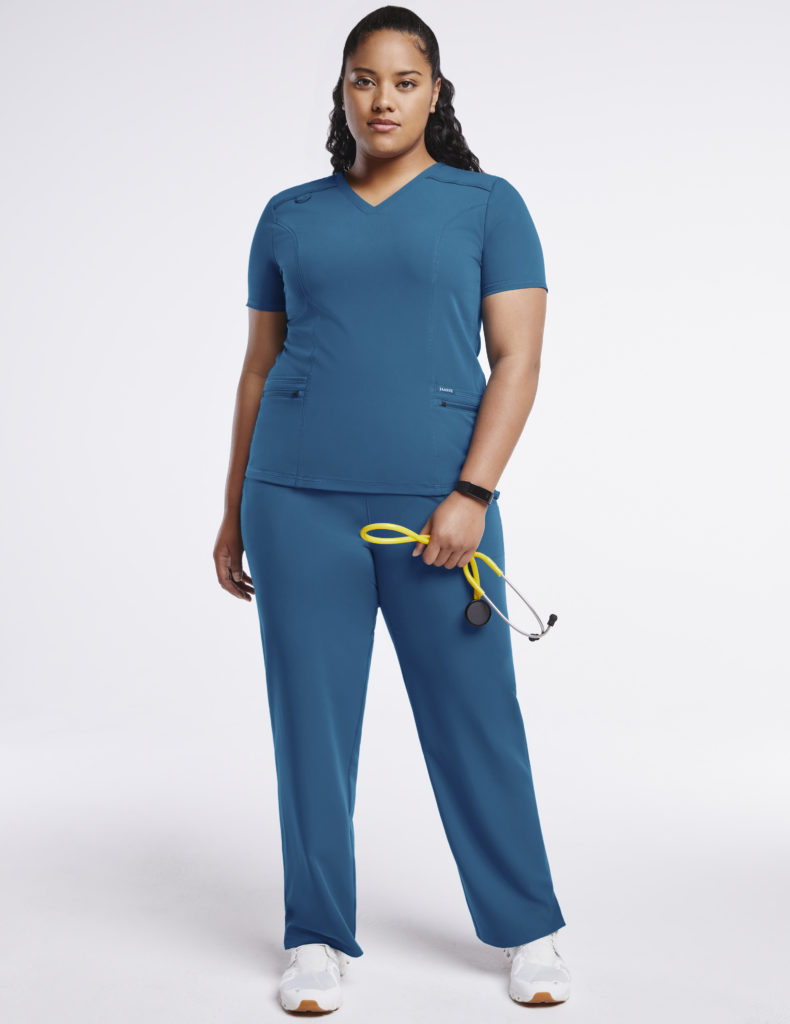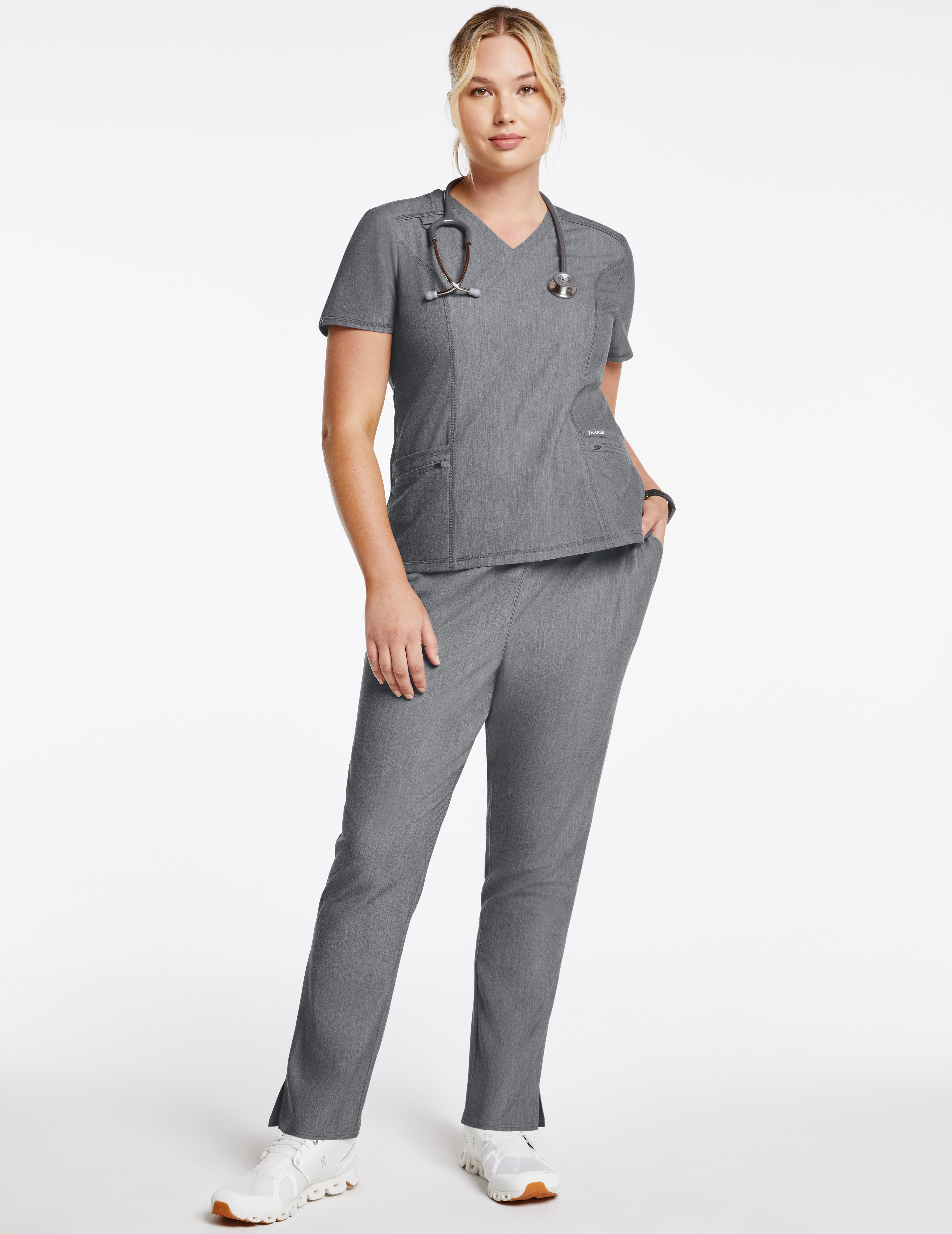
The Five Best Nursing Programs and How to Choose One
Few things in life are more nerve-wracking than choosing a university program, especially if you’re considering a career in nursing; after all, the options are seemingly endless!
On top of worrying about the cost of school and admission requirements, there’s also the task of choosing a healthcare specialization. To say you’re balancing a large deck of career cards is an understatement.
But fear not—we have some ways to help you simplify the process. Read on for some tips on what to look for in a nursing program, the different types of nursing degrees and a quick list of highly reputable schools and nursing programs.
How to choose a nursing school program

Not all nursing programs will be the right fit for you, but that doesn’t mean they’re poor programs. Finding the right one comes down to a series of personal factors.
The biggest one? Location.
Do you prefer online classes or in-person instruction? Does a local nursing college or an out-of-state university better fit your desired tuition range? Have you been looking for an excuse to move to California?
The good news is that access to online studies has been on the rise, even before COVID-19. The most significant benefit is that it’s more accessible, especially if you’re not looking to relocate. However, not all schools for registered nursing offer online options due to clinical requirements.
(And speaking of clinical requirements, will you need to purchase medical scrubs as a student when the time comes or will the hospital provide them?)
Does the school provide the proper accreditation to become a registered nurse (RN)? Schools can offer scholarship benefits and lower tuition to residents but may not meet the accreditation requirements for nursing. If they don’t, it could be a red flag.
What are some other factors to consider?
Unsurprisingly, class size can affect a nurse’s education. Maybe noise distracts you or you like to learn in an environment where the instruction is more one-on-one. Do you want your lessons to be academic or more hands-on? What about a combination of the two?
Then there’s the cost of textbooks, classroom supplies and housing, as in-person learning means on-campus living or renting an apartment near campus. The availability of medical scrubs for any student or nursing student discounts can impact your program’s desirability.
What are the types of nursing degrees?

Depending on the area in which you’d like to specialize, you’ll need to figure out the nursing degree it requires, the prerequisites you’ll need and how long you’ll have to study. Knowing the expectations of your future career (and whether or not they wear medical scrubs) early on never hurts, either.
Associate degree
This is the quickest educational path—typically two years in length. Although it may not be enough to qualify for certain positions, an Associate’s Degree in Nursing (ADN) will give you access to entry-level nursing jobs.
Bachelor’s degree
The next step up is a Bachelor of Science in Nursing (BSN). uUsually a four-year program is required to become a registered nurse, And you’ll need this to continue your advanced studies. You’ll have to take a certain set of courses in high school—usually sciences—to apply for this program.
Master’s degree
A Master of Science in Nursing (MSN) is required for a nurse practitioner’s role or advanced healthcare specializations. It typically takes two to three years to complete.
Doctoral degree
Want to take your nursing career to the next level? You’ll need a doctoral degree (or Ph.D.) from a nursing school to be eligible for leadership positions. You may need clinical hours between your degrees, too. All this schooling can take its toll, so make sure to treat yourself to the occasional nurse gift or two in between your studies.
What are the different nursing specialties?

Once you reach those higher realms of BSN programs, you can look toward specializing in your skillset. Some options are more practical to certain students based on their long-term career goals.
Pediatrics
One of the most well-known nurse specializations is caring for children from infants to age 18. It’s a field that’s always in demand, too.
Geriatrics
On the flip side, you have geriatric nurses specializing in caring for the elderly. The level of assistance you’ll offer to seniors depends on the type of healthcare facility you work.
School nurses
Want to work with kids or young adults in an educational setting? Look into school nursing, where you report sick leave statistics and treat scrapes and bruises daily.
Acute care
Do you enjoy a fast-paced environment where the stakes are high and the reward even higher? Look into acute care practice, which will see you working with medical emergencies and critically injured patients within a hospital.
What are the best nursing schools?
The “best schools” are often a matter of personal opinion. Some institutions have a reputation for overall excellence, so we’ve compiled a shortlist based on their exam pass rates. The Accreditation Commission for Education in Nursing (ACEN) or the Commission on Collegiate Nursing Education (CCNE) approve of these schools.
Note: The online availability of specific courses has continued to fluctuate due to COVID-19 guidelines. Always check with your school of choice to see how it has impacted your program.
Georgetown University

With its long history of excellence and an excellent pass rate for the NCLEX exam, Georgetown has online schooling options for graduate degrees; however, BSNs must be completed on-site.
University of Michigan
Another institution with a high pass rate is the University of Michigan, with an excellent reputation for undergraduate studies that offer online and in-person options.
Duke University
Duke has an exciting degree choice for undergraduate nurses: an accelerated BSN option. It’s also well known for its master’s and doctoral programs.
University of California, Los Angeles (UCLA)
UCLA offers in-person courses for undergraduates and hybrid options for graduate students. They have a wide array of programs for nursing students and an excellent exam pass rate.
Emory University
Located in Atlanta, Emory offers multiple programs for undergraduate and graduate students. Classes are all in-person, but they also provide accelerated educational paths.
Time to hit the books!
Read up on nursing school entrance exams to learn more about what you’ll need for success. Treat yourself (or your nursing student friend) to a Jaanuu gift card to celebrate your acceptance into a program.
Best of luck with your studies and your career!